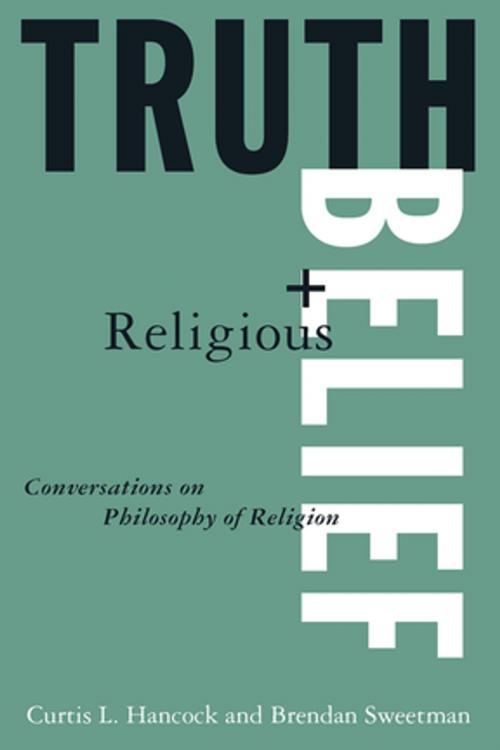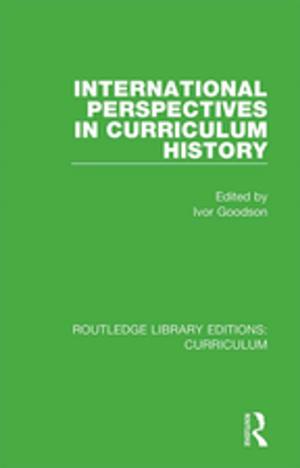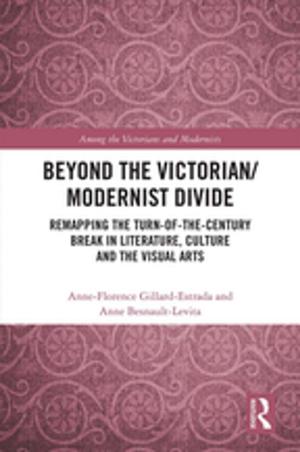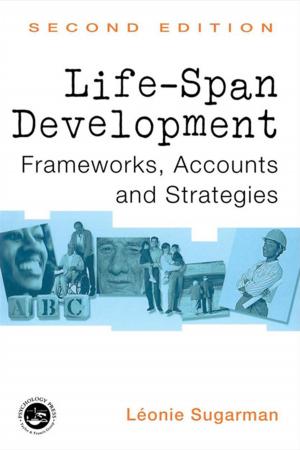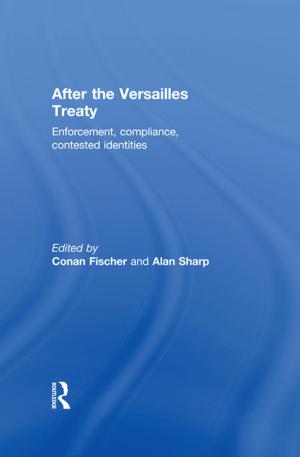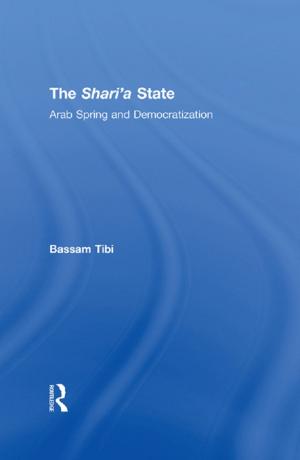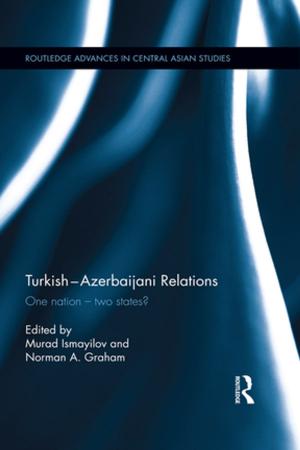Truth and Religious Belief: Philosophical Reflections on Philosophy of Religion
Philosophical Reflections on Philosophy of Religion
Nonfiction, Reference & Language, Law, Commercial, Social & Cultural Studies, Political Science| Author: | Curtis L. Hancock, Brendan Sweetman, Randolph Feezell | ISBN: | 9781315480114 |
| Publisher: | Taylor and Francis | Publication: | September 16, 2016 |
| Imprint: | Routledge | Language: | English |
| Author: | Curtis L. Hancock, Brendan Sweetman, Randolph Feezell |
| ISBN: | 9781315480114 |
| Publisher: | Taylor and Francis |
| Publication: | September 16, 2016 |
| Imprint: | Routledge |
| Language: | English |
This book contains a thorough and balanced series of dialogues introducing key topics in philosophy of religion, such as: the existence and nature of God, the problem of evil, religious pluralism, the nature of religious experience, immortality, and the meaning of life. A realistic cast of characters in a natural setting engages in a series of thought-provoking conversations; the dialogue format of these conversations captures typical student attitudes and questions concerning religious belief; allows comparison of important themes throughout the dialogues; encourages the interjection of insights, observations, questions, and objections; and introduces related points when they would naturally arise, instead of relegating them to a later chapter. As well as presenting a detailed and probing discussion, each dialogue includes a list of key terms, a set of study questions, and a bibliography - all of which make this an excellent text for courses in philosophy of religion and introductory philosophy classes.
This book contains a thorough and balanced series of dialogues introducing key topics in philosophy of religion, such as: the existence and nature of God, the problem of evil, religious pluralism, the nature of religious experience, immortality, and the meaning of life. A realistic cast of characters in a natural setting engages in a series of thought-provoking conversations; the dialogue format of these conversations captures typical student attitudes and questions concerning religious belief; allows comparison of important themes throughout the dialogues; encourages the interjection of insights, observations, questions, and objections; and introduces related points when they would naturally arise, instead of relegating them to a later chapter. As well as presenting a detailed and probing discussion, each dialogue includes a list of key terms, a set of study questions, and a bibliography - all of which make this an excellent text for courses in philosophy of religion and introductory philosophy classes.
